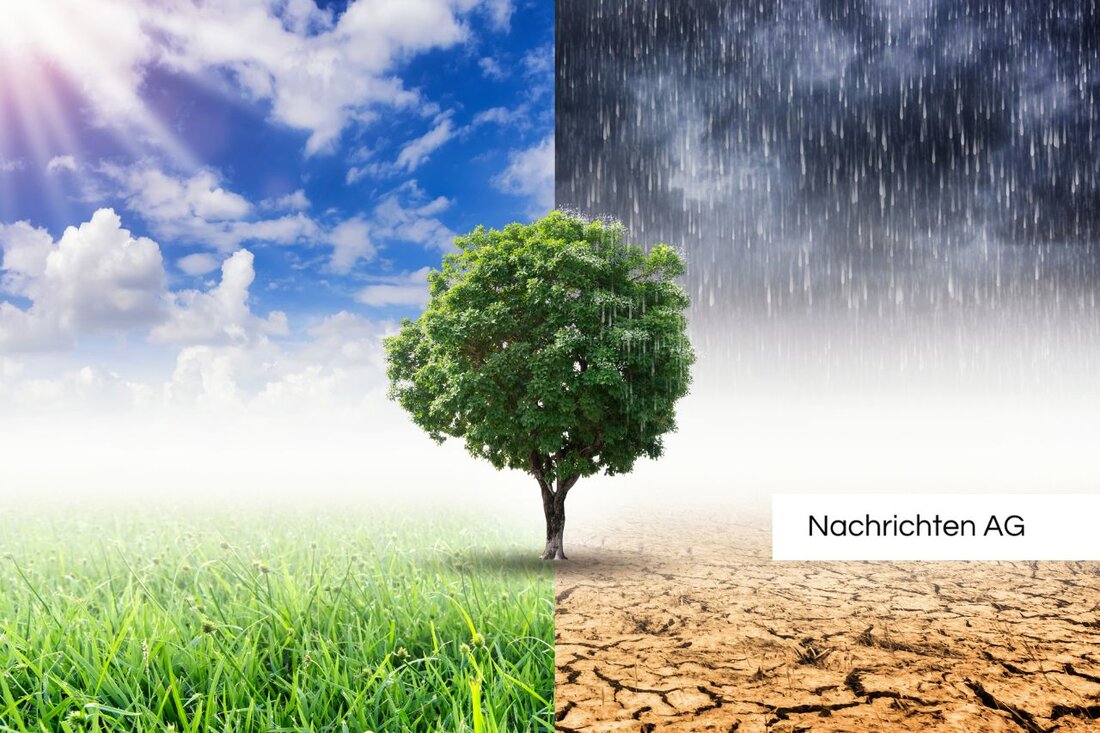Fossil research for kids: Discover the world of plant destruction!
Discover the University of Münster's holiday program: exciting activities for children about plant research on July 16th and 23rd.

Fossil research for kids: Discover the world of plant destruction!
On July 4, 2025, a unique event will take place in the Botanical Garden of the University of Münster Holiday program for children offered. Aimed at children ages 8 to 10, this program explores the fascinating topic of plant evolution over millions of years. It is a collaboration between the Geomuseum and the Botanical Garden that aims to enable participants to discover the differences between today's plants and their fossil ancestors.
The children get answers to key questions about the plant world in an exciting way. These include: How have plants changed over millions of years? What do fossils reveal about the development of these plants? And how are fossils actually created? The program will include real fossils, creative hands-on activities and comparisons of horsetail, fern and ginkgo fossils with living plants.
Event details
The holiday program takes place over two days: July 16th and July 23rd, from 10 a.m. to 12:30 p.m. in the Orangery of the Botanical Garden. The event runs parallel to the exhibition “… away from water – the recipe for success of plants” and offers children direct access to the exhibition’s topics. The cost of participation is 4 euros, and due to limited places, registration is required on the specified website.
In addition to these activities, there is fascinating research work in the field of paleobotany in Berlin. The Museum of Natural History invites you to discover the extensive collection of fossil plants. The collections, which date from both the Paleozoic and Cenozoic eras, span many millions of years and have been continually expanded and modernized over the years.
Fossils under the microscope
The collections total more than 190,000 collection units and provide important scientific insights into the evolution of plants. A particular focus is on Cretaceous fossils from northern Germany, Brazil and Africa as well as important finds from the Carboniferous period. Research is currently underway to reconstruct fossil ecosystems of the late Paleozoic in order to better understand the environmental conditions and the development of plants at that time.
Museum scientists use methods to analyze the anatomy and morphology of plant fossils to draw conclusions about past biodiversity and climatic conditions. The research ranges from the reconstruction of fossil ecosystems to plant physiology to the study of amber forests and their vegetation.
A great example of research shows that plants are not only the basis of all life, but also play a key role in the evolution of terrestrial ecosystems. Their ability to photosynthesize significantly influences the global climate, and their evolution is a fascinating topic for science.
The combination of practical experiences in the holiday program and scientific research in the museum raises awareness of the importance of plants in our environment and awakens a fascination for nature. Registration for the event is strongly recommended to give children the opportunity to immerse themselves in the world of fossils and living plants.

 Suche
Suche
 Mein Konto
Mein Konto